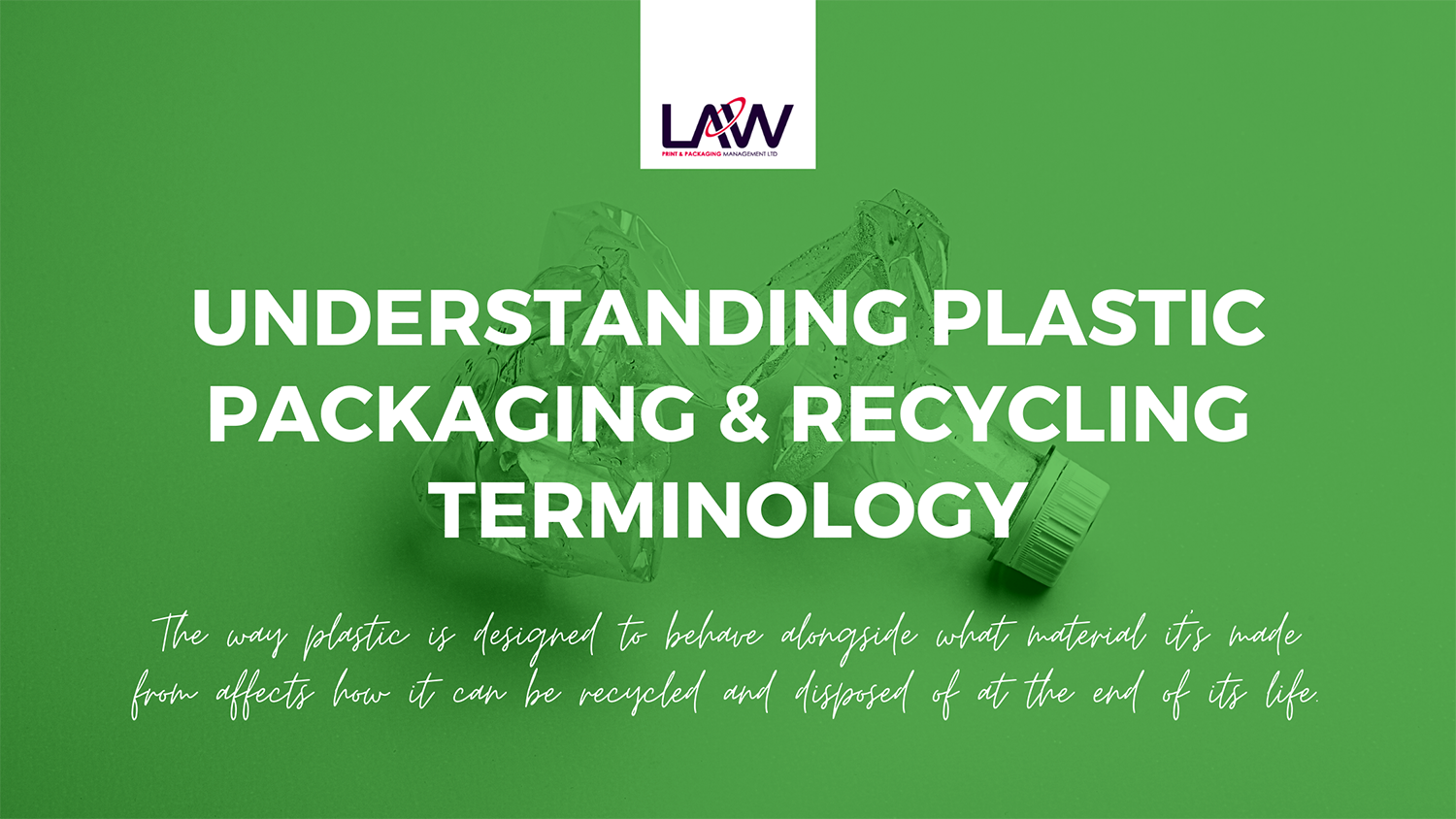Plastics have become an essential part of our daily lives, especially in the packaging industry. As a material of choice, they have proven to be highly beneficial in packaging applications because of their performance, cost-effectiveness, and durability. However, in recent years, plastic packaging for food has raised concerns regarding its impact on the environment, especially in terms of waste management and sustainability. In this blog, we will dive into the facts, benefits, and concerns regarding plastic packaging for food and explore its overall impact on the environment.

Facts about Plastic Packaging for Food
Plastic packaging has been used in the food industry for decades due to its many benefits. It is lightweight, moisture-resistant, and a good barrier to oxygen and other gases, which helps to preserve food for longer periods. According to a report by the American Chemistry Council, plastic packaging accounts for nearly 60% of all packaging materials in the United States. The report also states that plastic packaging for food and beverages makes up around 40% of all plastic usage worldwide.
One of the most common types of plastic used in food packaging is polyethylene terephthalate (PET). PET is widely used for bottles, trays, and containers because of its high strength and transparency. It can also be easily recycled and reused to make new products like carpet fibers and clothing.
Sustainability of Plastic Packaging for Food
The environmental impact of plastic packaging for food is a major concern for many people. The primary concern is that plastic packaging often ends up in landfills and oceans, where they take hundreds of years to break down. This leads to a significant amount of pollution and damage to the environment.
Many companies have started to take sustainability seriously and are working on ways to reduce their environmental impact. One solution is to use biodegradable or compostable plastics, which break down much quicker than traditional plastics. Another is to use recycled plastics, which reduces the amount of plastic waste and conserves resources. These efforts have helped to reduce the overall environmental impact of plastic packaging for food.
Benefits of Plastic Packaging for Food
Despite the concerns about plastic packaging for food, it still offers many benefits that make it an attractive option for businesses. Plastic packaging is lightweight and durable, which makes it ideal for transportation and storage. It also helps to extend the shelf life of food, reducing waste and improving food safety. Additionally, plastic packaging can be customized to fit a variety of food products and is often cheaper to produce than other packaging materials.
Concerns about Plastic Packaging for Food
Despite the many benefits of plastic packaging for food, there are some concerns that need to be addressed. Firstly, plastic packaging often ends up in landfills or oceans, where it can take hundreds of years to break down. Secondly, plastic packaging may contain harmful chemicals like Bisphenol A (BPA), which can leach into food and cause health problems. Finally, the production of plastic packaging consumes fossil fuels, which contributes to climate change.
Conclusion
In conclusion, plastic packaging for food is a material of choice due to its performance, cost-effectiveness, and durability. However, it is also a source of concern regarding its impact on the environment, especially in terms of waste management and sustainability. Many companies are taking steps to address these concerns and reduce their environmental footprint. Ultimately, it is up to all of us to be mindful of our consumption of plastic packaging and take steps to reduce our impact on the environment. By doing so, we can ensure that plastic packaging for food continues to provide benefits to businesses and consumers alike, without harming our planet.